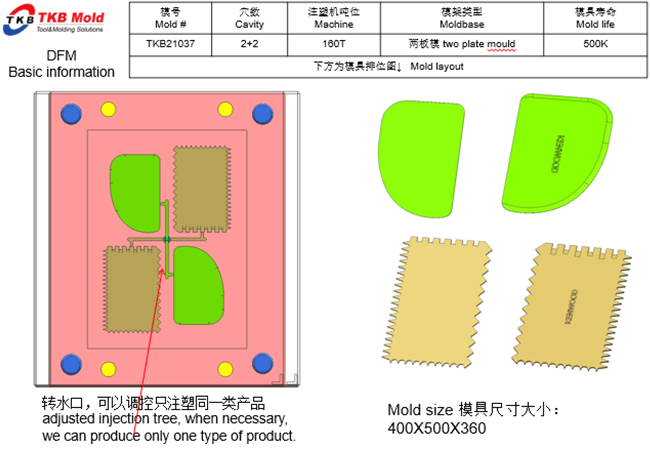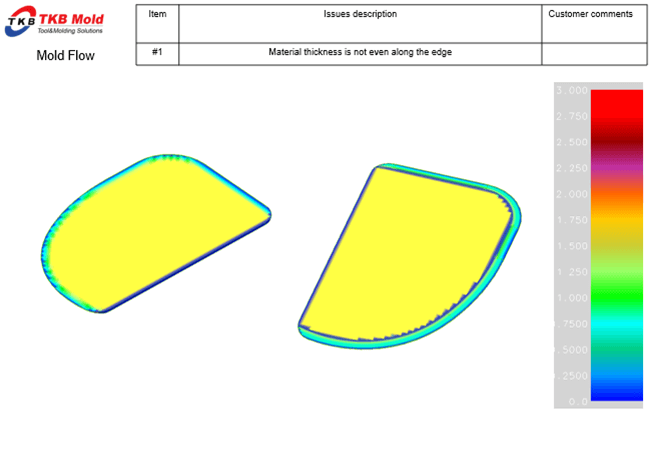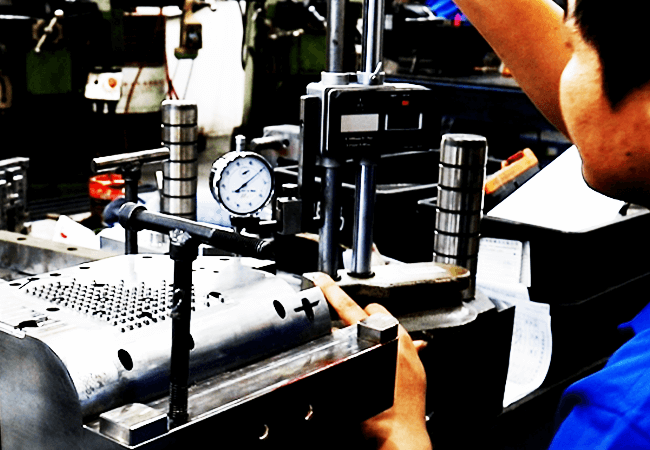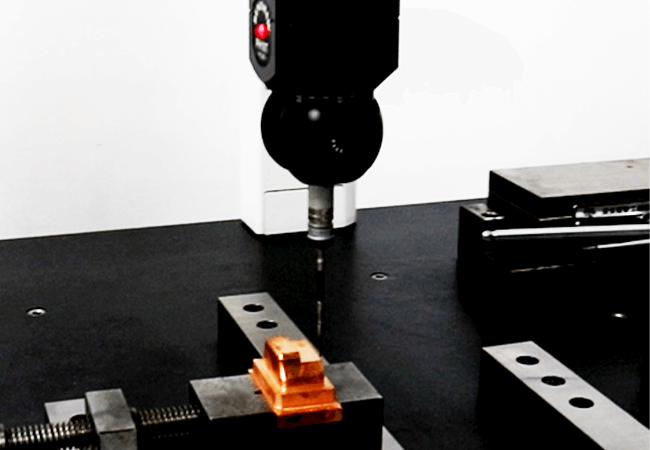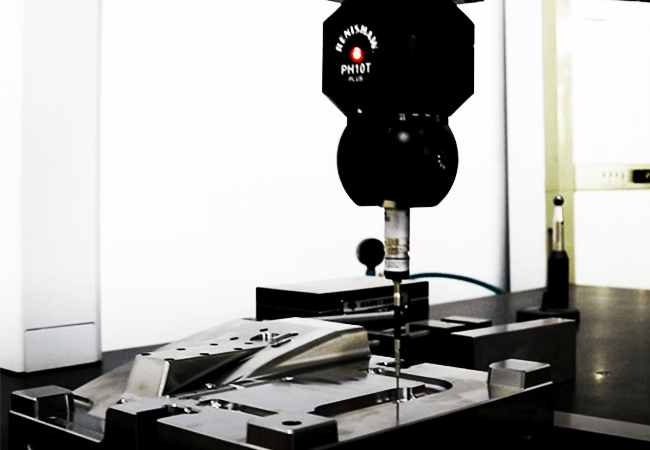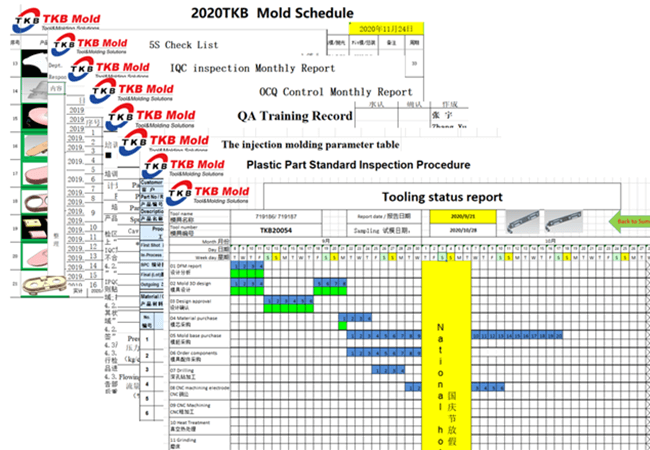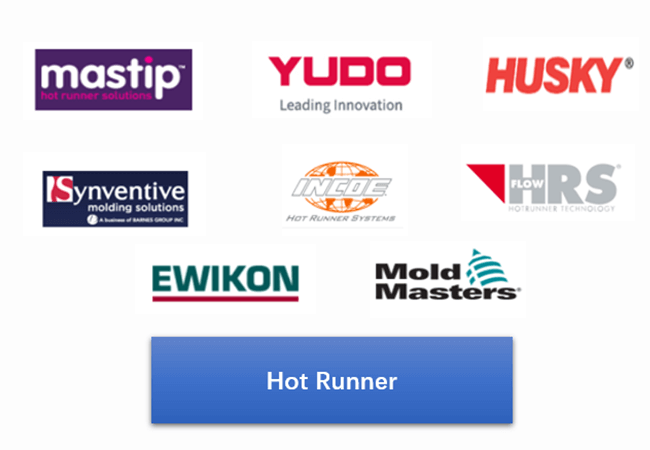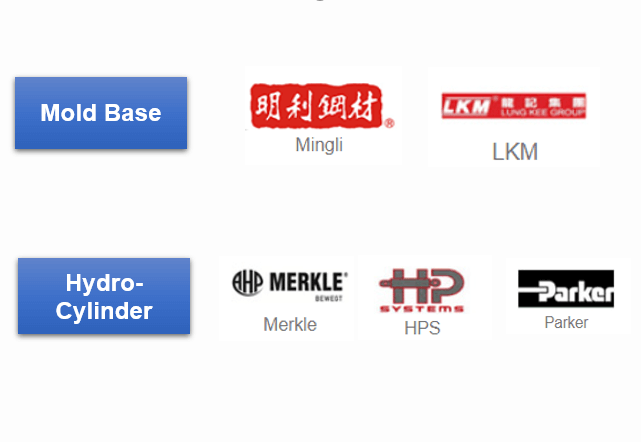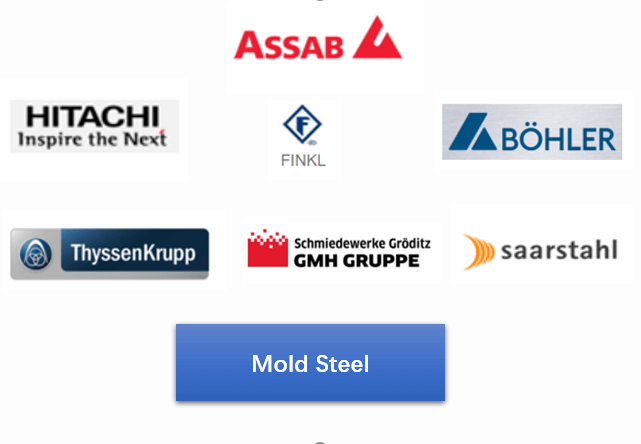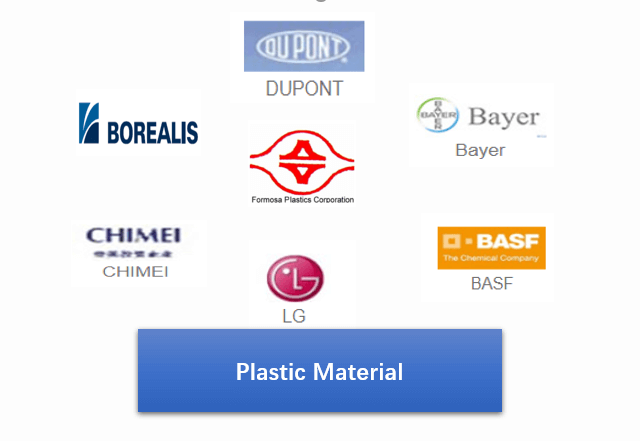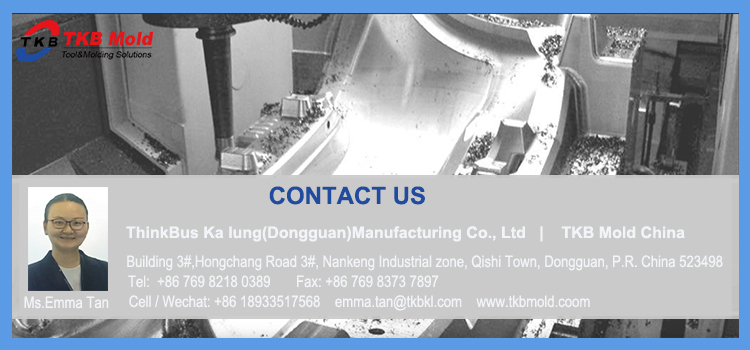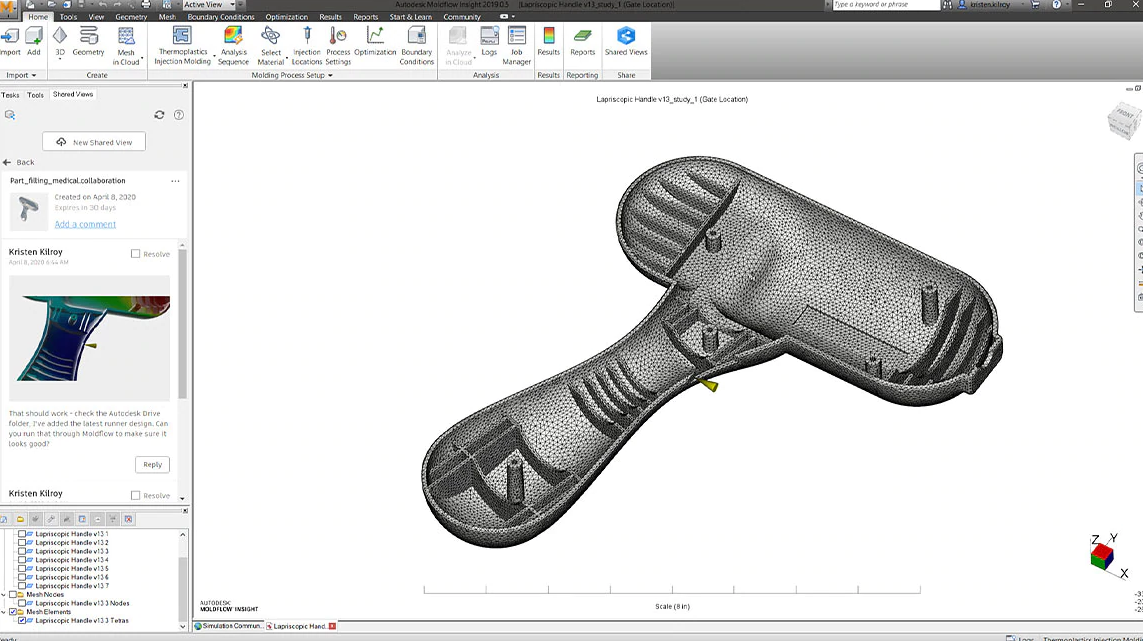About Automation in Mold Secondary Processing: Advantages and Limitations
Mold secondary processing is the stage of manufacturing where molded products undergo additional finishing and assembly operations to achieve the desired final product. Automation in mold secondary processing can offer several advantages, but there are also some limitations to consider.
Advantages:
Increased efficiency: Automation can help speed up the mold secondary processing stage, reducing the overall time required to manufacture a product.
Improved consistency: Automation can help ensure that every product is finished to the same level of quality, reducing variability and improving product consistency.
Reduced labor costs: Automation can help reduce labor costs by reducing the number of workers required to perform the secondary processing tasks.
Enhanced safety: Automated equipment can perform tasks that are unsafe for human workers, improving workplace safety.
Increased flexibility: Automation can help manufacturers adapt to changes in demand by quickly reprogramming equipment to produce different products.
Limitations:
High capital costs: The initial investment required to purchase and set up automated equipment can be expensive, making it challenging for small businesses to implement.
Limited customization: Automated equipment is designed to perform specific tasks, limiting the level of customization that can be achieved.
Dependence on skilled operators: Automated equipment requires skilled operators to maintain and operate the machinery, which can be a limiting factor for some manufacturers.
Lack of adaptability: Automated equipment is typically designed for a specific task and may not be easily adapted to perform other functions, limiting its flexibility.
Risk of downtime: Automated equipment can be prone to breakdowns and malfunctions, leading to costly downtime and repair expenses.
Overall, automation in mold secondary processing can provide numerous advantages for manufacturers, including increased efficiency, improved consistency, reduced labor costs, enhanced safety, and increased flexibility. However, the high capital costs, limited customization, dependence on skilled operators, lack of adaptability, and risk of downtime should also be taken into account when considering automation for mold secondary processing.











